MCS Faculty Honored with Professorships
Five Mellon College of Science faculty members have been honored with professorships to support their work in biological sciences, mathematical sciences and physics. Theresa C. Anderson, Alan Frieze, Diana Parno, Ira Rothstein and Fangwei Si were recognized at a reception Sept. 16 in the Cohon University Center.
“Professorships are among the highest academic honors that the university can bestow upon a member of our faculty,” said James H. Garrett Jr., provost and chief academic officer. “They allow our recipients to access resources that will expand their research and generate meaningful work.”
Frieze and Rothstein received endowed professorships that will support their work at Carnegie Mellon. Anderson, Parno and Si received career development professorships that support scientists at the beginning of their careers.
“As I look at the recipients sitting in front of me, I get really excited about what they represent for the Mellon College of Science, for Carnegie Mellon and for the advancement and future of research,” said Curtis Meyer, interim dean of MCS.
Gregg Zeitlin Early Career Professor of Mathematical Sciences
Theresa C. Anderson
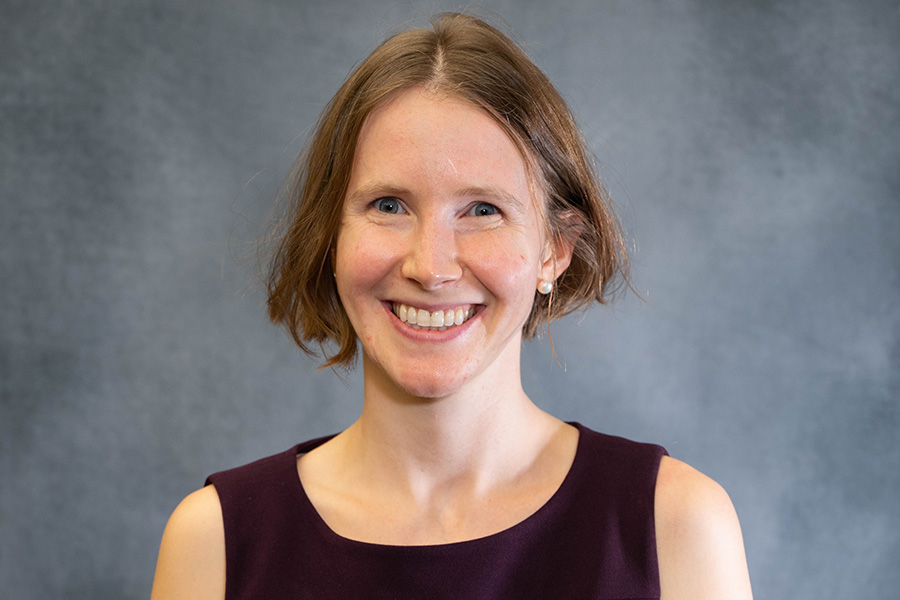
Theresa C. Anderson, the Gregg Zeitlin Associate Professor of Mathematical Sciences at Carnegie Mellon University, is a mathematician and advocate, whose work in both areas centers around building new bridges.
She seeks to rewrite the mathematical landscape by finding new connections between harmonic analysis and number theory. She has mentored many undergraduates in high-level mathematics collaborations leading to professional publications. Her advocacy centers around underrepresented minorities, particularly people of color and women. She has been awarded a National Science Foundation CAREER grant for her visionary work. Due to her accomplishments and engagement, she delivered an Invited Address of the American Mathematical Society in 2023.
She holds bachelor’s degrees in mathematics, chemistry and Spanish from the University of Wisconsin, and a Ph.D. in pure mathematics from Brown University.
Orion Hoch, S 1952, University Professor of Mathematical Sciences
Alan M. Frieze
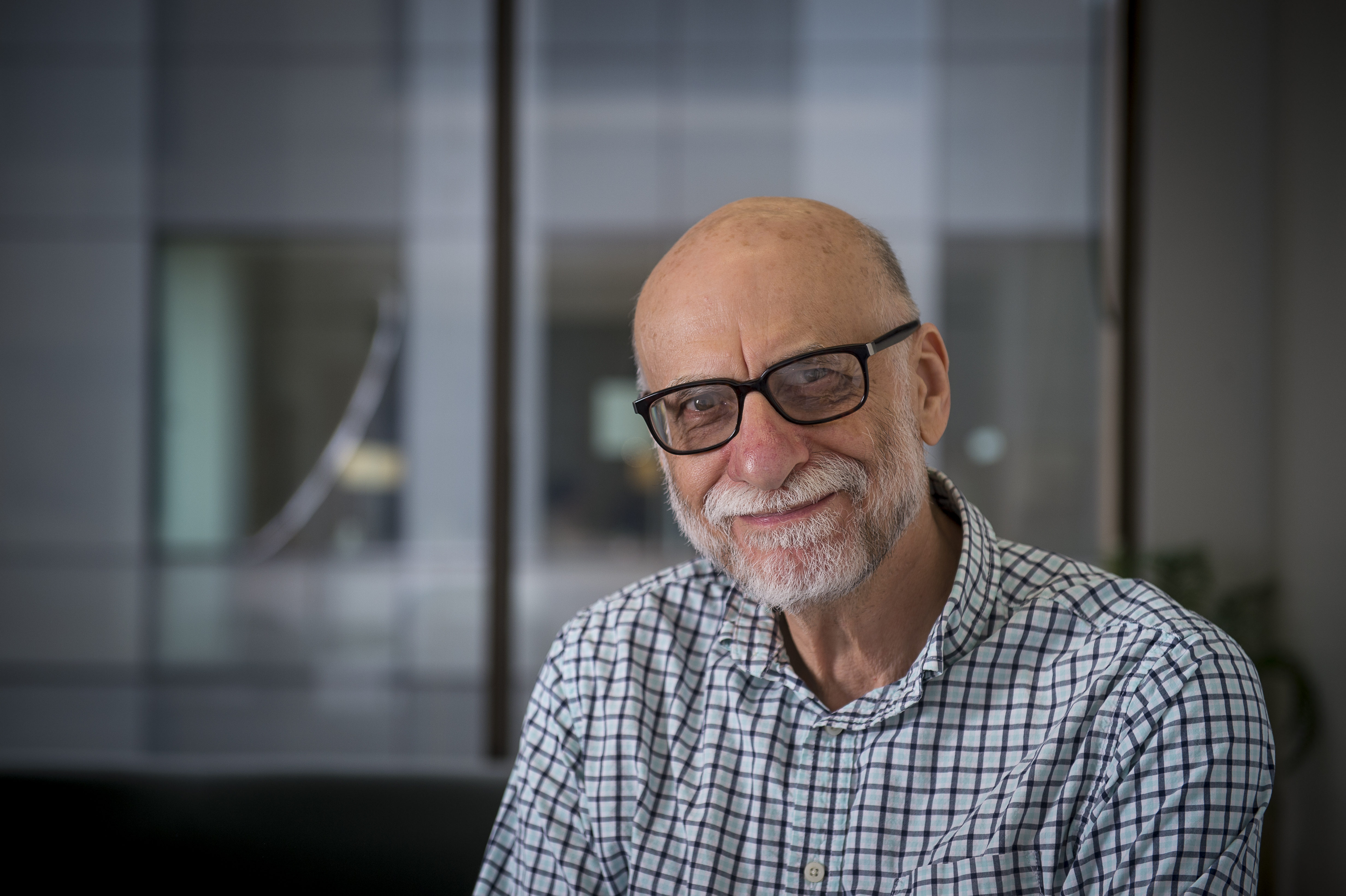
University Professor Alan M. Frieze is a founder of the field of random discrete structures and cofounder of Carnegie Mellon’s Algorithms, Combinatorics and Optimization Ph.D. program. His research interests are in probabilistic combinatorics, and his randomized algorithms have been used to solve important questions in computer science. His work has impacted diverse fields, including business and information networking.
Much of Frieze’s research has focused on finding the threshold for the occurrence of various properties in several models of a random graph. Along with colleague M. Karoński, he co-authored “Introduction to Random Graphs”, Cambridge University Press, 2015.
With colleagues Martin Dyer and Ravi Kannan, he produced the first randomized approximation scheme for the problem of estimating the volume of a convex body in a large number of dimensions.
Falco DeBenedetti Associate Professor of Physics
Diana Parno
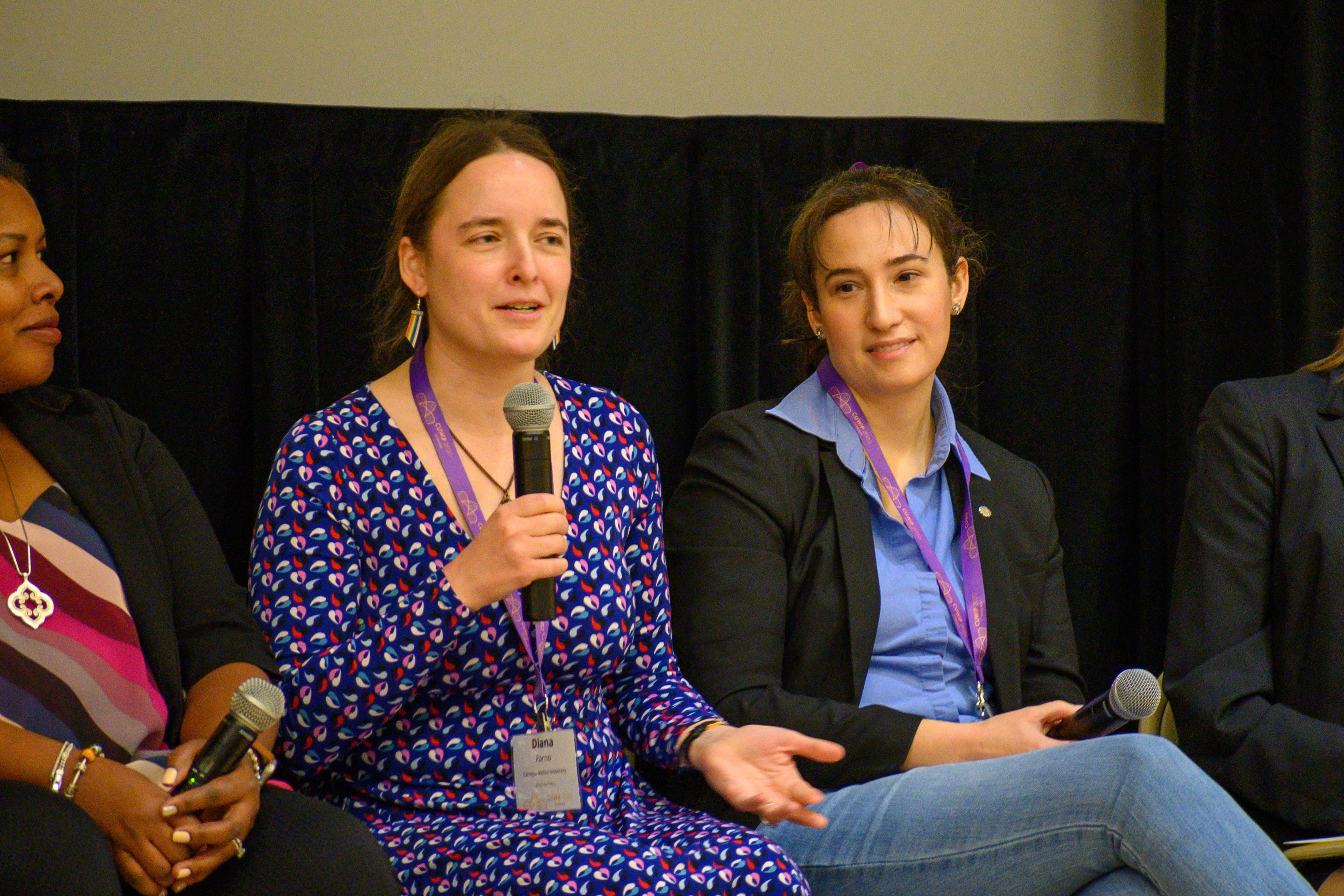
Diana Marwick Seymour Parno’s primary research interest is in the physics of the neutrino, a fundamental particle generated in particle decays and nuclear reactions and that, in the Standard Model of particle physics, interacts via the weak force.
To better understand the properties of the neutrino, she uses the kinematics of tritium beta decay to study the absolute neutrino-mass scale with the KATRIN experiment based in Karlsruhe, Germany, and she studies low-energy neutrino interactions with matter with the COHERENT experiment based at Oak Ridge National Laboratory in Tennessee. She is an analysis co-coordinator for both experiments and serves as KATRIN's US spokesperson. She is one of two PIs on the TRIMS experiment to better understand the molecular physics of gaseous tritium sources.
Parno earned her Ph.D. at Carnegie Mellon.
Buhl Professor of Theoretical Physics
Ira Rothstein
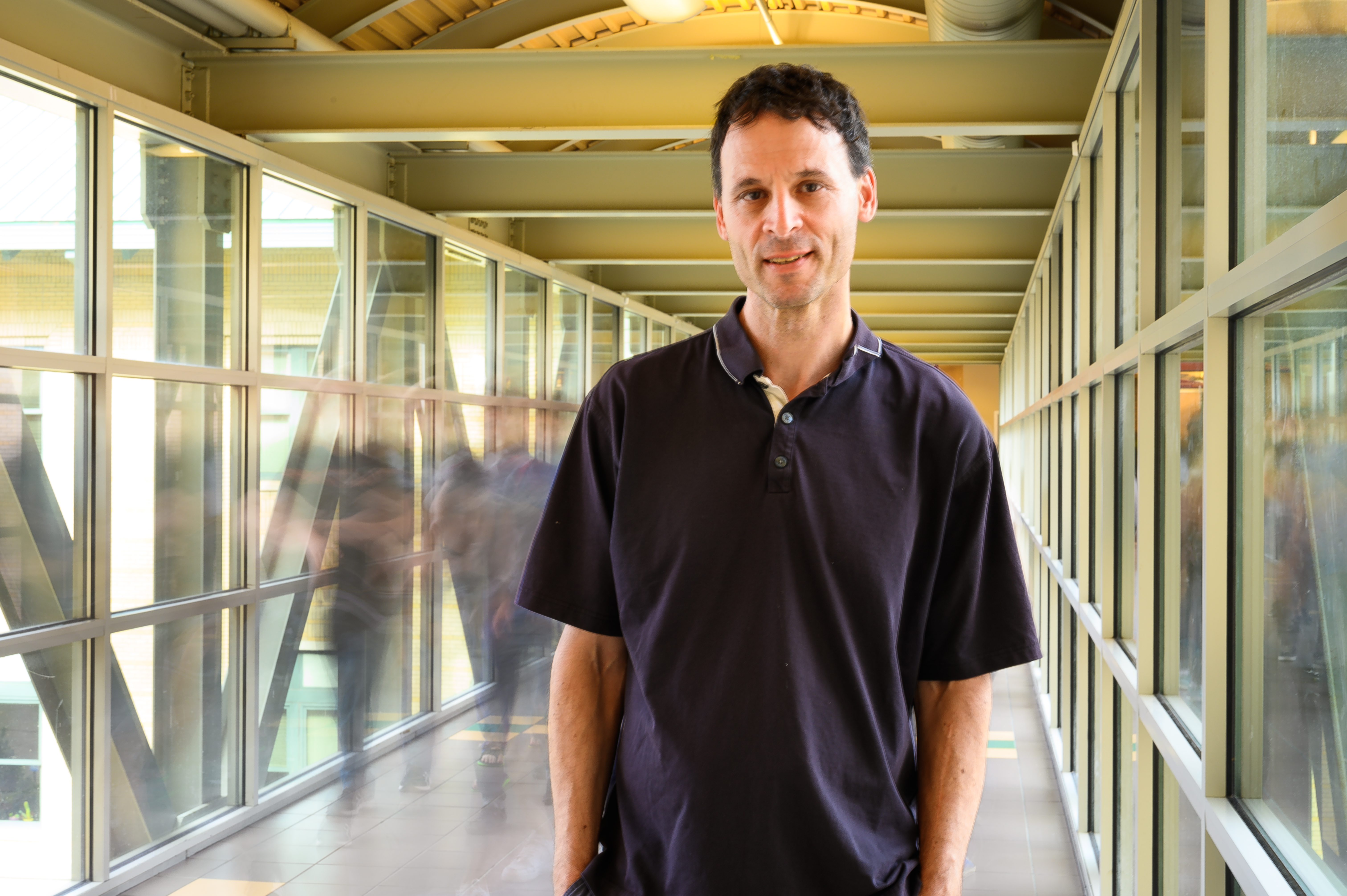
Ira Rothstein utilizes Effective Field Theory to better understand topics in theoretical physics including Higgs particle production, quantum matter and black hole physics. He developed an effective field theory that describes black hole collisions used by the LIGO collaboration in the discovery of gravitational waves.
One of his papers on the subject received an award for being “one of the most influential papers in theoretical physics in the past five years” from the International Congress on Basic Science. He was the Kodolosky lecturer at the University of Texas and the Dirac lecturer at Florida State University.
Rothstein authored the forthcoming book, “The Art of Effective Field Theory,” Oxford University Press, 2025 and developed “Relatively Simple,” a free mobile phone application to teach the theory of relativity.
Cooper-Siegel Assistant Professor of Physics
Fangwei Si
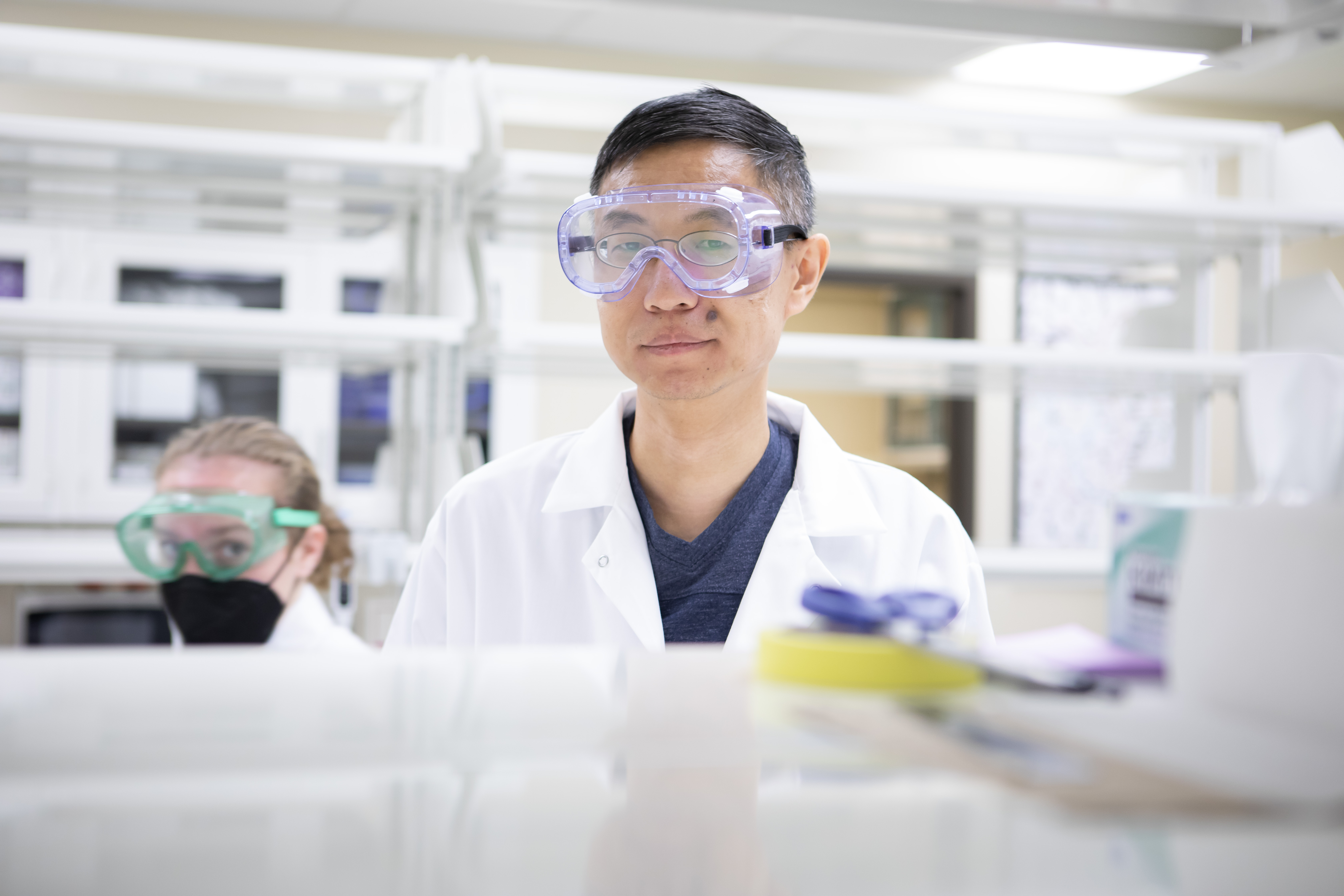
Fangwei Si’s research interests are focused on the drive to discover “biological laws” that can help understand living systems in a quantitatively precise way. Toward this goal, the lab develops and adapts tools, takes rigorous measurements and defines new concepts. Si’s research group is searching for simple yet fundamental rules connecting the complicated form of bacterial cells and their fitness in different environments, specifically focusing on physiological and biophysical principles of cell surfaces and bacteria-phage interactions.
Si earned his Ph.D. from Johns Hopkins University and completed two postdoctoral fellowships, one in the Department of Integrative Structural and Computational Biology at the Scripps Research Institute and another in the Department of Physics and Section of Molecular Biology, University of California, San Diego.